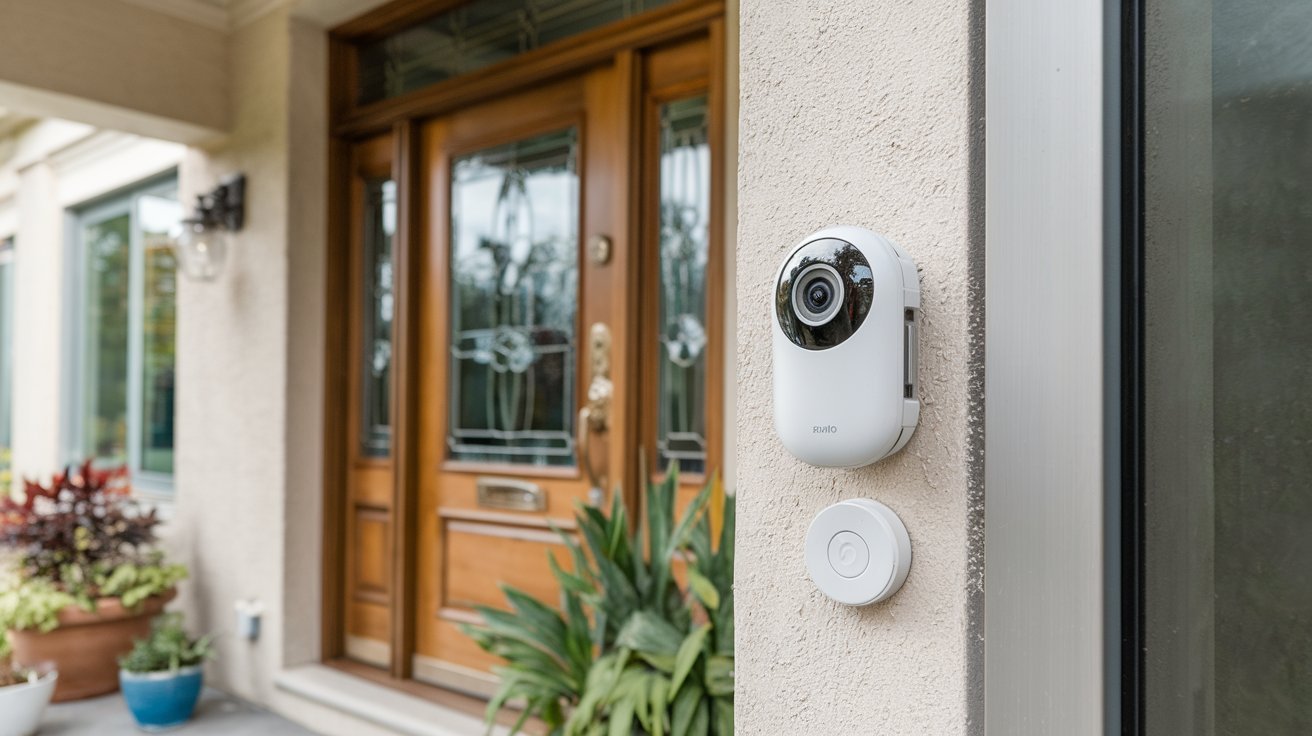Can You Share Domestic CCTV Images on Social Media in the UK?
In the age of social media, where sharing personal moments and experiences is the norm, many individuals might find themselves pondering whether it is permissible to post images captured by their domestic CCTV systems. While these cameras provide enhanced security for homes and businesses, the implications of sharing such footage on public platforms can be complex. In this blog post, we'll explore the legal framework surrounding the sharing of CCTV images in the UK, as well as best practices to follow.
Understanding Data Protection Laws
At the heart of the discussion on sharing CCTV images is the General Data Protection Regulation (GDPR) and the Data Protection Act 2018. These laws are designed to protect individuals' privacy and regulate how personal data is handled. Under GDPR, images that can identify individuals are classified as personal data. This means that if you capture footage of someone on your CCTV, that image is subject to data protection regulations.
When it comes to sharing these images on social media, the first consideration is whether the individual in the footage has given their consent. If the person is identifiable in the image and you have not obtained their permission, you could be breaching data protection laws by posting the content online.
The Role of Legitimate Interest
While consent is often the clearest route to legally sharing images, there are circumstances where you might be able to argue 'legitimate interest.' This legal concept allows individuals and organisations to process personal data without explicit consent if they can demonstrate that their interest outweighs the privacy rights of the individuals involved.
For example, if you are sharing footage to raise awareness about a crime or anti-social behaviour in your neighbourhood, it may fall under legitimate interest. However, even in such cases, you should be cautious and consider whether the potential harm to the individual's privacy is outweighed by the public interest in sharing the footage.
Privacy Concerns and Ethical Considerations
Beyond legal compliance, there are significant ethical concerns to consider when sharing CCTV images. The potential for harm to individuals depicted in the footage cannot be understated. Sharing images that could lead to harassment, embarrassment, or even violence against an individual is a serious matter and can have lasting consequences.
As a general rule, if there is any doubt about the impact of sharing the footage, it is advisable to refrain from posting it. Consider the motivation behind your decision to share. Is it genuinely to inform others, or could it lead to negative repercussions for someone who was simply caught in the frame?
Alternative Approaches
If you wish to share footage for legitimate reasons but are concerned about the implications of data protection laws, there are alternative approaches you can consider:
1. Blurring Faces: If you decide to share footage, consider blurring the faces of individuals captured in the images. This can help mitigate privacy concerns while still allowing you to share your message.
2. Focus on Context: Rather than sharing full images or videos that may identify individuals, consider sharing content that focuses on the broader context. For instance, you could post about security issues in your area without revealing specific identities.
3. Reporting to Authorities: If your footage captures suspicious or illegal behaviour, consider reporting it to the police or local authorities instead of posting it online. They can take appropriate action while preserving the privacy of individuals involved.
Sharing domestic CCTV images on social media in the UK is fraught with legal and ethical challenges. While it may seem harmless to share a snippet of your home surveillance footage, the potential consequences can be significant, particularly concerning data protection laws and individual privacy rights. Before posting, consider whether you have the necessary consent or if you can justify sharing the footage under the principle of legitimate interest.
Always err on the side of caution and prioritise the privacy and well-being of others. If in doubt, it's often best to refrain from sharing the content altogether. By doing so, you can help foster a more respectful and privacy-conscious online community while ensuring that you remain compliant with the law.

